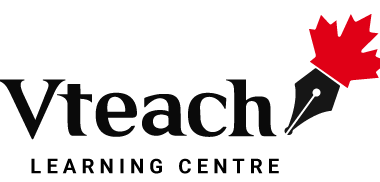- hazel
- January 7, 2024
- New Year's Resolutions
Embracing New Beginnings: The Power of New Year’s Resolutions in Education
Introduction:
As the calendar turns to January, the air fills with a sense of renewal and ambition. New Year’s resolutions are not just a tradition but a symbol of hope and the human desire to better ourselves. For our students and educators, this time of year represents a unique opportunity to set meaningful goals and embrace positive changes in their educational journeys.
The Psychology Behind Resolutions:
The tradition of New Year’s resolutions dates back centuries, rooted in both religious and cultural practices. Today, it’s a secular practice that transcends cultures, reflecting a universal aspiration for self-improvement. The psychology behind it is intriguing; it’s tied to the ‘fresh start effect’ – a mindset where individuals feel more empowered to pursue goals after temporal landmarks, like the start of a new year.
Common Resolutions and Their Success Rates:
Common resolutions often revolve around personal health, skills development, and lifestyle changes. Interestingly, while the practice of setting resolutions is widespread, studies suggest that only a fraction of people fully achieve their New Year’s goals. This brings us to an important question – how can we set ourselves up for success?
Setting Effective Resolutions:
The key to effective resolutions is setting SMART goals – Specific, Measurable, Achievable, Relevant, Time-bound. For instance, rather than a vague goal like “get better at math,” a SMART goal would be “improve my math grade from B to A by the end of the semester through weekly tutoring sessions and daily practice.”
Resolutions for Students and Educators:
For students, resolutions might involve improving study habits, exploring new areas of interest, or developing better time management skills. Educators, on the other hand, might focus on incorporating innovative teaching methods, pursuing professional development opportunities, or creating more engaging classroom environments.
The Role of Tutoring in Achieving Educational Resolutions:
This is where our role as tutors becomes invaluable. Personalized tutoring can be a powerful tool in helping students achieve their academic resolutions. It provides tailored support, addresses individual learning challenges, and fosters an environment of growth and confidence.
Conclusion:
As we step into this new year, let’s embrace the spirit of new beginnings and the potential for growth it brings. Whether you’re a student setting academic goals or an educator aspiring to enrich your teaching methods, remember that the journey is as important as the destination. And for those educational goals, remember, we are here to support you every step of the way.

